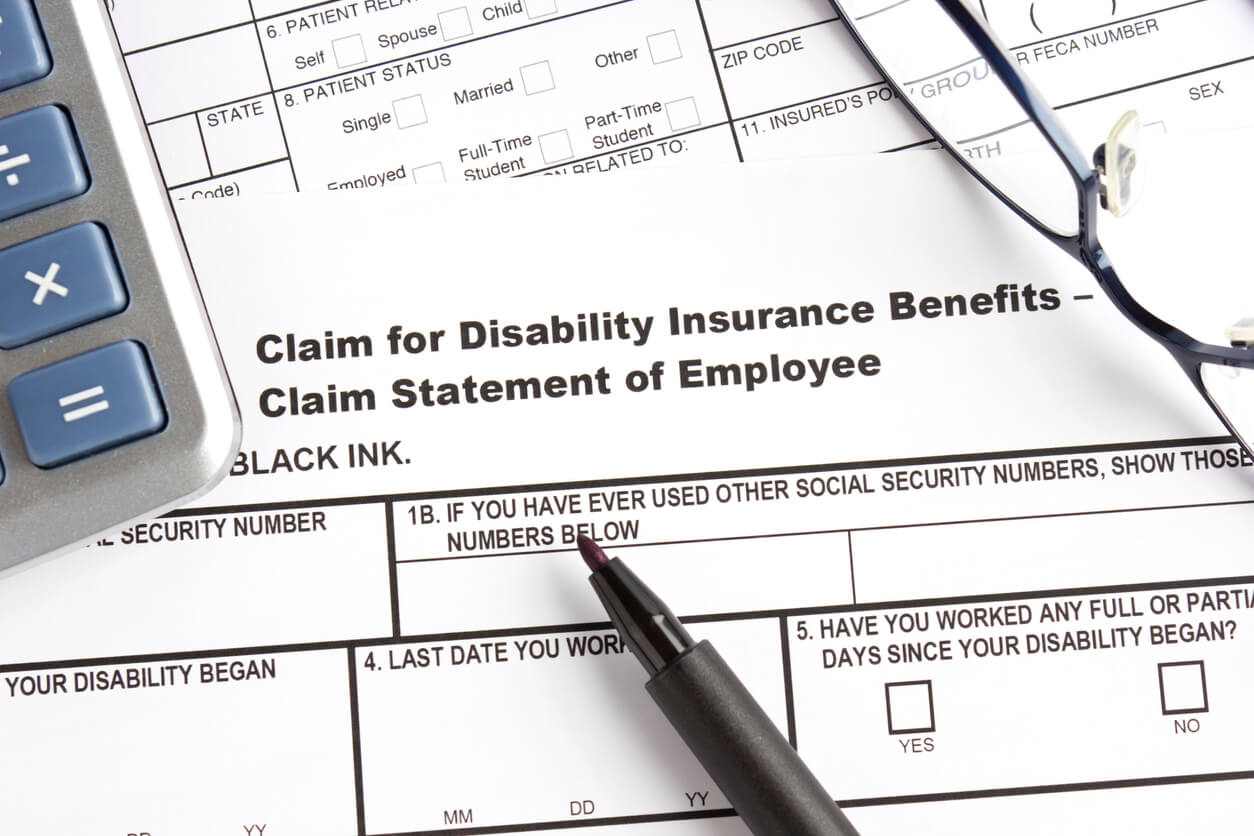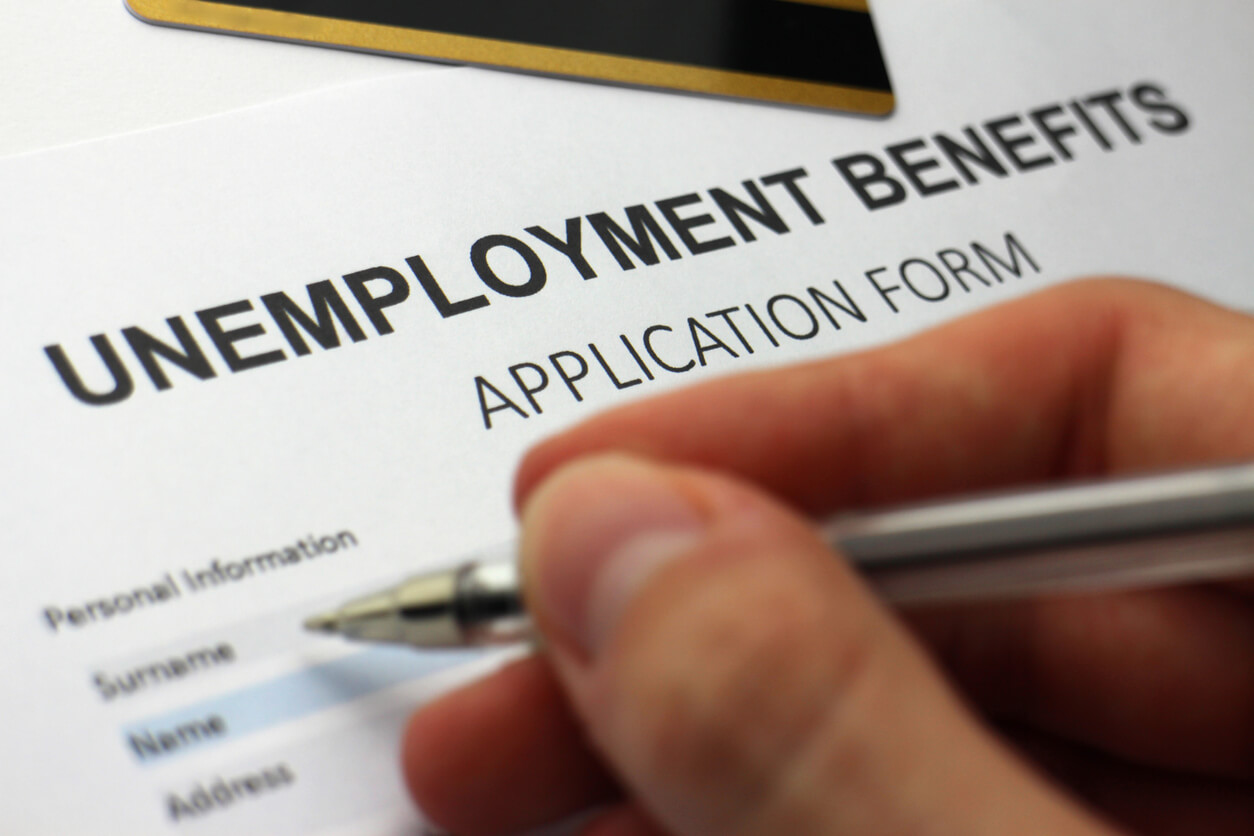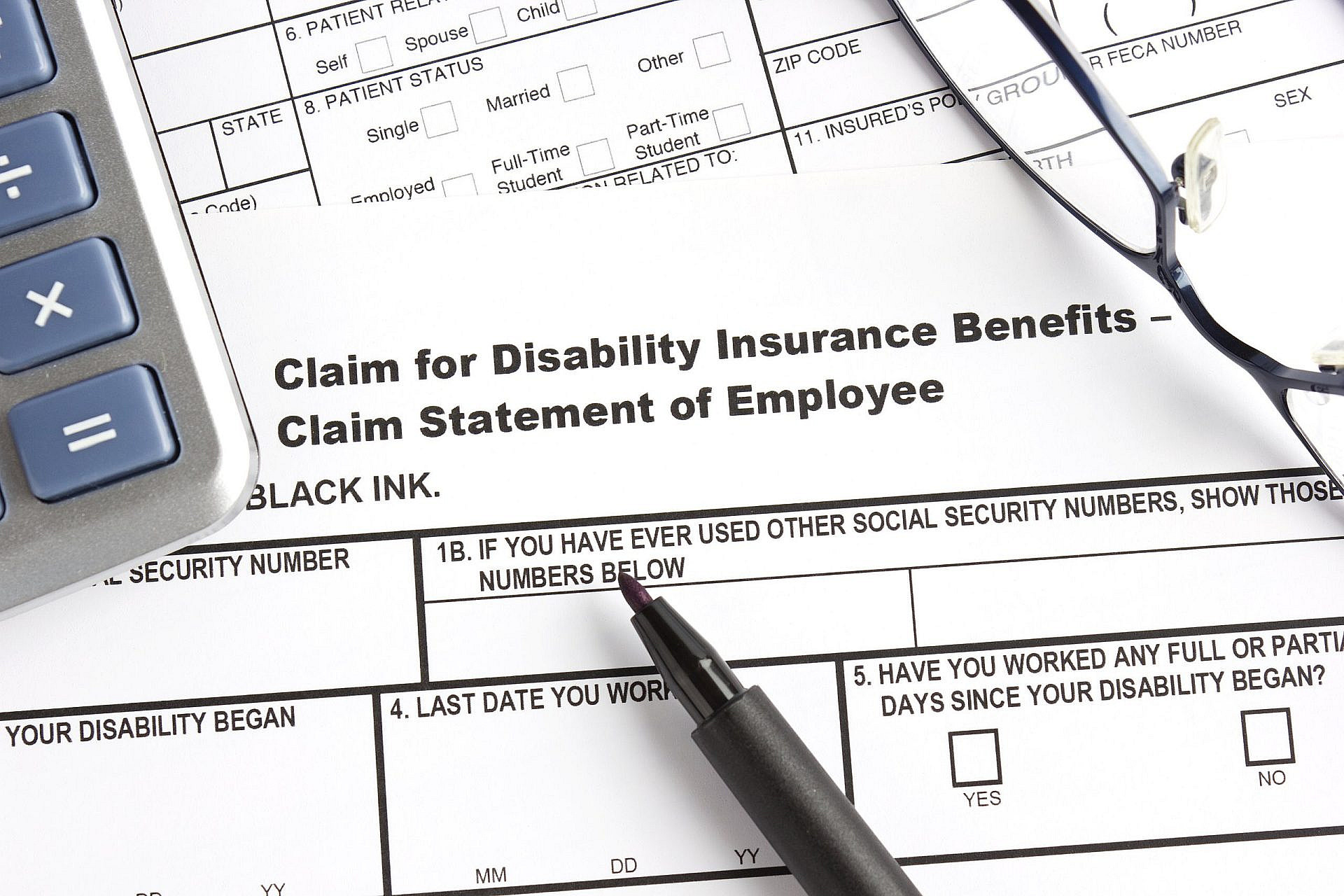While losing a loved one is never easy, losing a spouse can be particularly heart-wrenching. For many Arizona widows and widowers, their emotional stress is often compounded by financial worries.
It might be reassuring to know that the Social Security Administration (SSA) provides payments to eligible widows and widowers of decedents who qualify for benefits. So, how do Arizona survivors collect SSA benefits after the death of a spouse?
Phoenix, Arizona disability attorneys help survivors navigate government bureaucracy and collect SSA benefits. To start, there are a few things you should know about widow and widower benefits.
1. Are You Eligible to Collect Your Deceased Spouse’s Social Security benefits?
Determining SSA widow or widower benefit eligibility is the first step to collecting your deceased spouse’s SSA benefits. Specific eligibility requirements should be reviewed with your disability attorney, but are generally affected by factors of age, length of marriage to the decedent, current marital status, and whether or not you are a disabled widow or widower.
2. When Should You Begin Receiving Widow/Widower Payments?
Because Social Security benefits increase over time, many survivors delay filing for benefits until necessary. While it’s best to consult with your disability lawyer and financial advisor regarding your circumstances, here are some factors worth considering:
Whose Social Security payments will be higher, yours or your spouse’s?
You are only allowed to draw one Social Security payment at a time. Accessing the lower payout first will allow the higher amount to continue to increase before you switch to draw against it.
Your current tax situation
Consult your accountant about the costs of collecting Social Security in Arizona, your tax bracket, or while you’re still working.
Need and timing
Forgoing smaller payments now for larger payments later doesn’t always pay off. If you need immediate income, don’t wait.
Disabled widows/widowers must be at least 50 years old, but not yet 60 to begin collecting payments. Time it right.
Note: Survivor benefits start from the time of application and are not retroactive to the date of death.
Contacting a disability attorney as early as possible will help you jumpstart the process to claim allowable benefits.
3. How Much Will You Receive from Your Deceased Spouse’s Social Security?
SSA survivor benefits are based on the amount the decedent would have received or was receiving at the time of death. Actual payouts depend on the survivor’s age and individual circumstances:
Age
Widows/widowers claiming survivor benefits before retirement age (at age 60, or 50 if disabled), will receive between 71.5 percent and 99 percent of the benefit payment. Widows/widowers of full retirement age are eligible for 100 percent of the benefit payment.
Collective benefits
The SSA limits Social Security benefits drawn against a single worker’s work credits. If a family’s cumulative benefits exceed the limit, individual payments will be reduced.
Caring for a child
If you are a widow or widower caring for a disabled child or child under the age of 16, you may apply at any age and receive up to 75 percent of your deceased spouse’s Social Security benefit.
Remarriage
Widows/widowers who remarry before age 60 lose benefit eligibility. Those who remarry at age 60 or older (age 50 or older for disabled), or whose subsequent marriage ends, can collect survivor benefits.
Why You Need A Phoenix, AZ Disability Lawyer
Filing a claim for SSA widow/widower benefits can feel complicated, especially during a time of loss. You need caring and sound advice from someone familiar with navigating Social Security programs.
When you work with an experienced Phoenix, AZ disability lawyer, you will have an advocate guiding you through the entire process. If your claim is denied, you will need a skilled disability attorney to handle the complex appeals process.
Contact our office today to speak with a compassionate and knowledgeable Phoenix, AZ disability attorney about your claim. Together, we can get you the SSA benefits you deserve.









